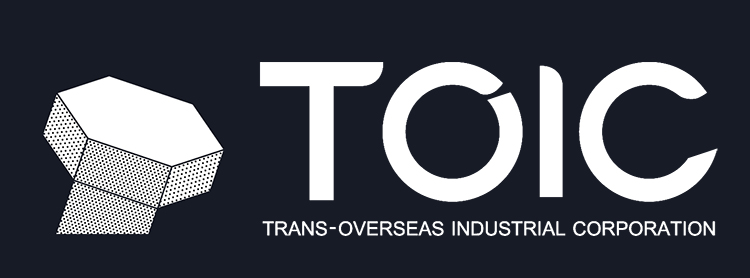Proper fuel tank cleaning and maintenance are essential to ensure safe operations, fuel quality, and environmental protection. Whether tanks are installed above or underground, they require consistent care to prevent corrosion, leakage, and contamination. A well-maintained fuel tank system reduces long-term costs, improves efficiency, and ensures compliance with safety and environmental regulations.
Why Fuel Tank Maintenance Matters
Fuel tanks storing flammable substances require proactive maintenance because their contents can degrade and the tanks may corrode or leak if left unmanaged. Corrosion, water intrusion, and sludge buildup can occur over time from condensation, poor sealing, or degraded fuel in tanks. Without regular inspections and cleaning, these problems can escalate into contamination, blockages, or even system failure—resulting in fuel loss, equipment failure, environmental damage, and severe impacts on both safety and performance. Routine maintenance and scheduled cleanings help prevent such problems and ensure operations remain safe, efficient, and compliant with regulatory requirements. To maintain peak performance and avoid costly issues, follow these best practices for fuel tank cleaning and maintenance:
Scheduled Cleaning and Maintenance
Scheduled cleaning of fuel storage tanks—whether underground or aboveground—is essential and typically recommended every one to three years, depending on usage and regulatory requirements. Before cleaning begins, the tank must be fully drained and degassed to ensure safety. In commercial fuel stations or high-volume operations, professional technicians use specialized equipment like industrial vacuums, mechanical scrubbers, and approved chemical agents to remove sludge, water, and fuel residues. This process not only restores tank efficiency but also allows for a thorough internal inspection to spot corrosion, cracks, or worn parts before they lead to costly failures.
Handling Water and Sludge
Water can enter fuel tanks through condensation or improper sealing. If ignored, it can cause microbial growth and accelerate corrosion. Regular bottom sampling and the use of water finding paste help manage this issue. Sludge formed from degraded fuel, debris, and bacteria must also be cleared to maintain clean and efficient fuel flow.
Proper Waste Disposal
After cleaning, dispose of sludge, oily water, and rags properly through accredited hazardous waste transporters to ensure environmental compliance. These materials should be processed at treatment facilities in compliance with environmental regulations. Proper disposal prevents pollution, supports compliance, and protects nearby ecosystems.
Leak Prevention and Corrosion Control
Leak detection and corrosion prevention go hand in hand with regular maintenance. Installing monitoring systems and conducting pressure or tightness tests can help identify small leaks before they grow. Applying internal coatings and using cathodic protection systems also extends the life of the tank and prevents structural damage.
Documentation and Safety
Log every cleaning, inspection, and repair to maintain proper records and ensure accountability. Professional tank cleaning services ensure each procedure is properly performed and documented. These records help track tank condition, schedule future maintenance, and support audits—keeping your fueling system clean, compliant, and efficient. Training your team in safe handling, cleaning procedures, and emergency response ensures a safer working environment and better outcomes.
Conclusion
Fuel tank cleaning and maintenance are essential for safety, reliability, and regulatory compliance. With a proactive approach, potential problems are addressed before they cause damage, and systems remain efficient and dependable. Clean tanks support clean fuel, which in turn powers smoother operations and longer-lasting equipment. By following best practices, maintaining clear documentation, and ensuring safe handling at every step, you protect your assets, your people, and your environment ensuring long-term success in fuel storage and management.
Why Choose TOIC Solutions?
Trans-Overseas Industrial Corporation (TOIC) Solutions, established in 1976, has been the trusted partner for fuel dispensers, fuel pumps, service station equipment, and the gas station industry in the Philippines. As a leading distributor of advanced fueling technology, we provide reliable, efficient, and durable solutions that enhance the performance of your fueling operations.
With years of expertise and strong partnerships with multinational corporations, TOIC delivers top-quality products, including automatic tank gauging, tank calibration, wetstock management, POS service station systems, and tank testing. If you’re looking to upgrade your fueling system, reduce operational costs, and ensure precision in every transaction, TOIC Solutions is the name to trust. Talk to us!

